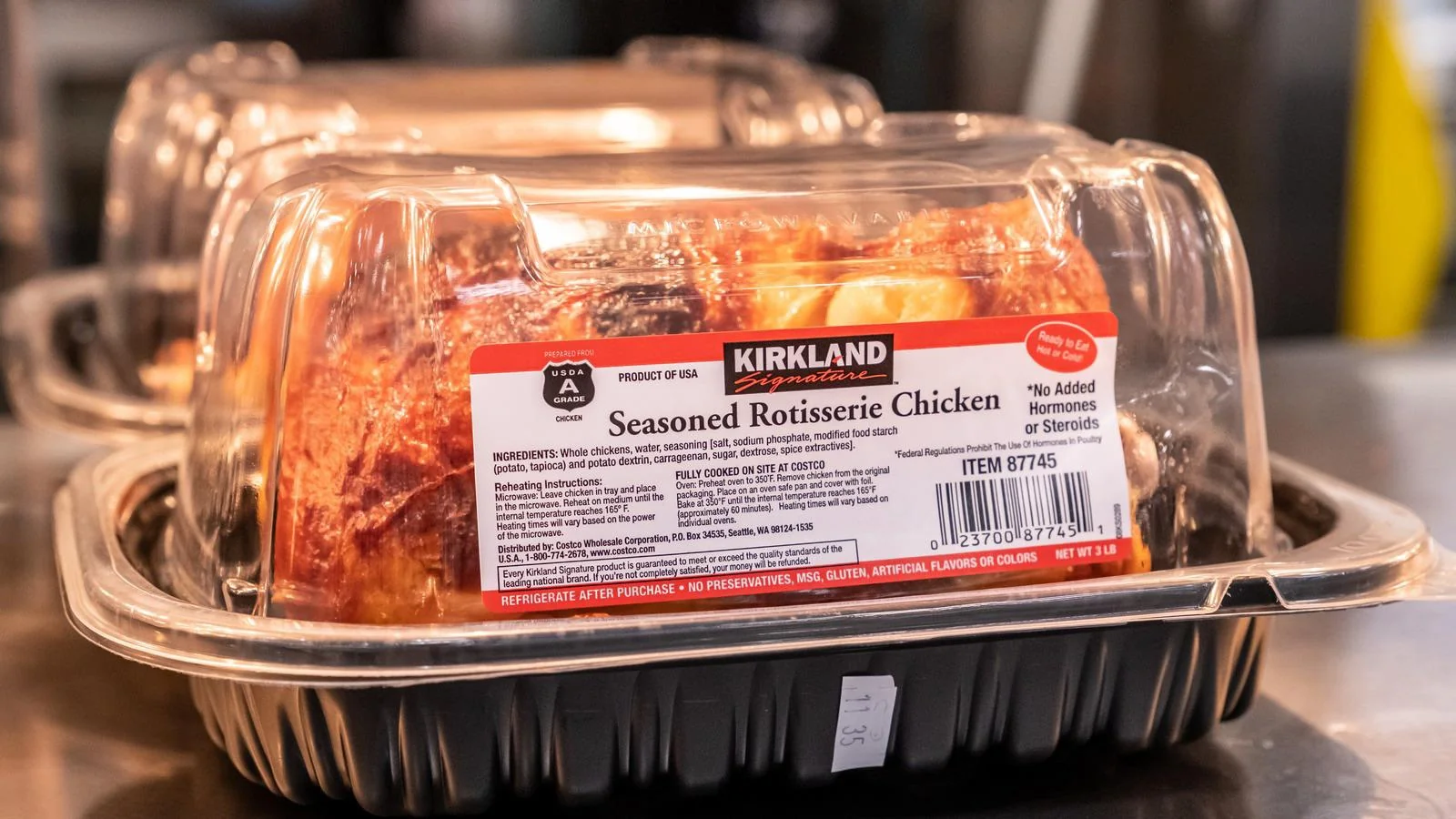Introduction
Meal planning is not just a trend; it’s a lifestyle choice with numerous benefits. If you’ve ever wondered why its important to meal plan, you’re in the right place. In this comprehensive guide, we’ll delve into the significance of meal planning and why it’s a practice you should adopt. From saving time and money to promoting healthier eating habits, meal planning offers a multitude of advantages that can transform your life.
The Basics of Meal Planning
Understanding Meal Planning
Meal planning involves preparing your meals in advance, usually for a week or more. It entails deciding what to eat, creating a shopping list, and organizing your meals for the upcoming days.
Key Components of Meal Planning
Meal planning comprises selecting recipes, creating a shopping list, grocery shopping, meal prep, and storing food properly. Each step is crucial for successful meal planning.
Benefits of Meal Planning
1. Enhanced Nutrition
Meal planning allows you to prioritize nutritious ingredients and balanced meals, ensuring you meet your dietary requirements.
2. Time-Saving
By planning your meals in advance, you can save valuable time during busy weekdays. No more last-minute grocery runs or deciding what to cook for dinner!
3. Cost-Effective
Meal planning helps you stick to a budget by reducing impulse purchases and food waste. It allows you to buy ingredients in bulk and utilize them efficiently.
4. Healthier Eating Habits
When you plan your meals, you’re more likely to make healthier choices and avoid the temptation of fast food or unhealthy snacks.
5. Reduced Stress
Say goodbye to mealtime stress! With a meal plan in place, you’ll feel more organized and less overwhelmed when it comes to feeding yourself and your family.
6. Portion Control
Meal planning enables you to control portion sizes, preventing overeating and promoting better portion management.
7. Variety and Creativity
Contrary to popular belief, meal planning doesn’t mean eating the same meals every day. It allows for variety and creativity in your diet, keeping meals exciting and enjoyable.
8. Improved Food Management Skills
Through meal planning, you’ll hone your food management skills, including meal prep, cooking techniques, and storage methods.
9. Better Family Bonding
Meal planning can be a collaborative effort, fostering teamwork and communication among family members. It’s an opportunity to involve everyone in meal decisions and preparations.
10. Sustainable Eating
By planning meals around seasonal and local ingredients, you can embrace sustainable eating practices that are environmentally friendly.
Why it’s Important to Meal Plan: Expert Insights
Meal planning isn’t just about saving time or money; it’s about cultivating a healthier relationship with food and nourishing your body and mind. By taking control of your meals, you empower yourself to make informed choices that support your well-being. Whether you’re a busy professional, a parent juggling multiple responsibilities, or someone looking to improve their eating habits, meal planning offers something for everyone.
Incorporate meal planning into your routine and experience the transformative effects firsthand. From increased energy levels to reduced food waste, the benefits are undeniable. Start your meal planning journey today and reap the rewards of a healthier, more balanced lifestyle.
FAQs (Frequently Asked Questions)
Q. How do I get started with meal planning?
Getting started with meal planning is easier than you think! Begin by choosing a few simple recipes, creating a meal calendar for the week, and making a shopping list of ingredients.
Q. Is meal planning suitable for vegetarians/vegans?
Absolutely! Meal planning is adaptable to various dietary preferences, including vegetarian and vegan diets. There are plenty of plant-based recipes and ingredients to incorporate into your meal plan.
Q. Can meal planning help with weight loss?
Yes, meal planning can be an effective tool for weight loss. By controlling portion sizes, prioritizing nutritious foods, and avoiding high-calorie options, you can support your weight loss goals through meal planning.
Q. How can I make meal planning more exciting?
To make meal planning more exciting, experiment with new recipes, cuisines, and cooking techniques. Get creative with ingredients and involve your family or friends in the process for added fun!
Q. What if I have dietary restrictions or food allergies?
If you have dietary restrictions or food allergies, meal planning allows you to tailor your meals accordingly. Look for recipes and ingredients that align with your dietary needs and preferences.
Q. Is meal planning time-consuming?
While meal planning requires some initial investment of time, the long-term benefits far outweigh the time spent. With practice and experience, you’ll become more efficient at meal planning, saving time in the long run.
Conclusion
In conclusion, meal planning is a valuable practice with numerous benefits for individuals and families alike. From promoting healthier eating habits to saving time and money, the advantages of meal planning are vast. By incorporating meal planning into your routine and embracing it as a lifestyle choice, you can enjoy a happier, healthier, and more organized approach to mealtime. So why wait? Start meal planning today and discover the difference it can make in your life!




